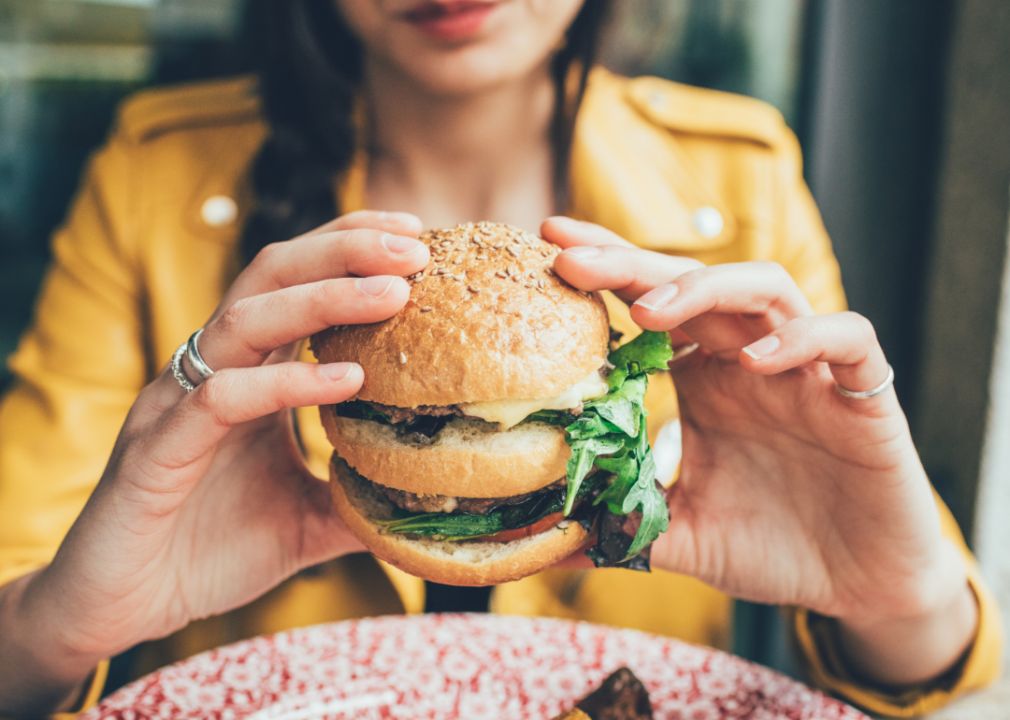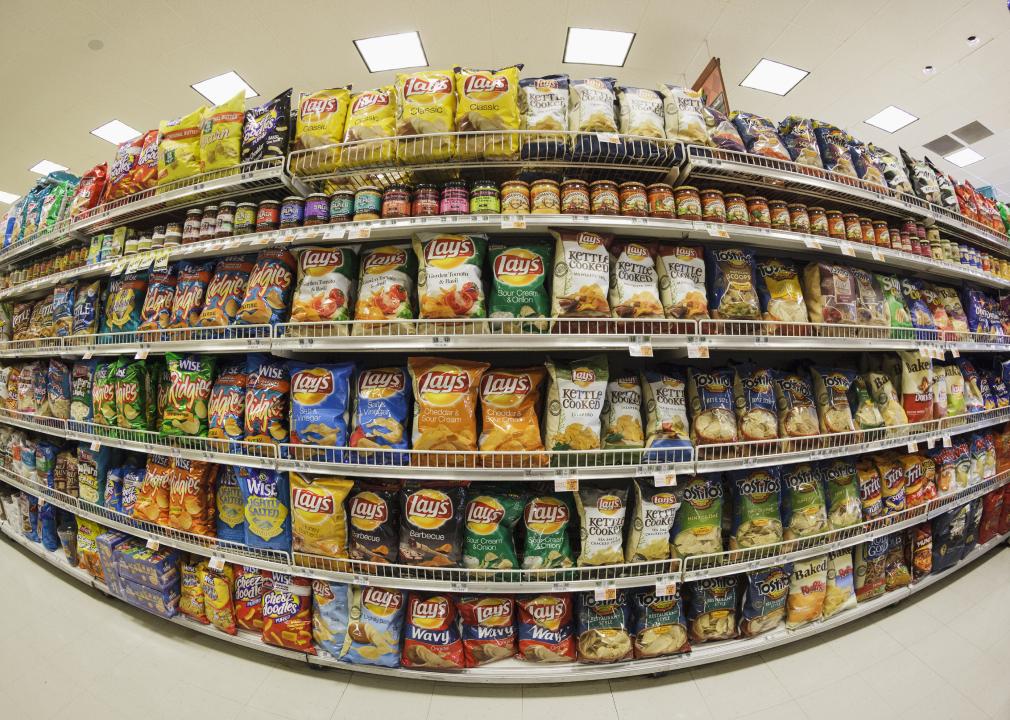Both nutrition scientists and the public debate the relative merits of so-called healthy diets, such as vegan, paleo, and low-carb, but most experts agree on one thing: avoid ultra-processed foods and stick to a diet of whole, unprocessed foods. Ultra-processed foods contain high-fructose corn syrup, hydrogenated oils, and artificial flavours that make them high in salt, sugar, and fat.
They are also lower in protein, fibre, and important nutrients than unprocessed foods.
Ultra-processed foods are formulated to be soft and chewy. These appealing textures make them highly palatable and easy to swallow, so people are likely to eat more ultra-processed foods than unprocessed foods in a shorter amount of time.
A diet high in ultra-processed foods has also been associated with an increased risk of depression, which can lead to weight gain due to eating more or little physical activity or immunometabolic dysregulation. While consuming too many processed foods greatly contributes to weight gain, it may not be the only reason for someone’s body weight: Gastrointestinal complications and other health conditions—some that are even genetic—can be a leading cause of obesity. Understanding the cause of someone’s weight is a crucial first step, and cutting back on processed foods can also help the weight-change process.
Perfect Keto reviewed scientific studies from the National Institutes of Health (NIH) and other institutions and health reporting from Medical News Today and Live Science to compile this list of six ways ultra-processed foods can lead to weight gain.

Canva
Ultra-processed foods trigger ‘hunger’ hormones
A study from the National Institutes of Health tested 10 men and 10 women and found that levels of the appetite-stimulating hormone ghrelin increased during the two weeks they ate a diet of ultra-processed foods compared to baseline. Levels of the appetite-suppressing hormone pancreatic peptide YY (PYY) increased during two weeks on a diet of unprocessed foods. After two weeks, participants who received the ultra-processed diet first received the unprocessed diet, while those who received the unprocessed diet received the ultra-processed diet. PYY increased in participants when they received the unprocessed diet and ghrelin increased in those switched to the ultra-processed diet.

Canva
Ultra-processed foods contain significant amounts of refined carbs, sugar, and fat
The ultra-processed foods given to participants in the NIH study differed from the unprocessed foods in the proportion of added sugar to total sugar content (~54% versus 1%, respectively), insoluble to total fibre ( ~16% versus 77%), and saturated to total fat (~34% versus 19%). Those who ate the ultra-processed diet ate about 508 calories more per day than those eating the unprocessed diet. Kevin Hall, lead author of the study, told Medical News Today that the researchers hypothesized eating ultra-processed foods would lead to a higher caloric intake because they are high in sugars, salt, and fat, and low in fibre.
James Leynse/Corbis // Getty Images
Ultra-processed foods are consumed more quickly
Participants in the NIH study ate an extra 17 calories (7.4 grams of food) per minute when they ate ultra-processed foods versus unprocessed foods. The researchers said the additives in ultra-processed foods, such as industrial oils and synthetic preservatives, make them softer and easier to chew and swallow. This may have led participants to eat a greater quantity of food at a more rapid rate. Furthermore, eating too quickly may also lead to developing a gastrointestinal disorder such as gastritis, but the link between eating fast and health disorders is still unclear. Gastritis causes inflammation that erodes the stomach lining, potentially leading to ulcers.
Jeffrey Greenberg/Universal Images Group // Getty Images
Additives in ultra-processed foods cause inflammation in the gut
When researchers fed healthy mice polysorbate-80 and carboxymethylcellulose, two emulsifiers often found in ultra-processed foods, the mice ate more and gained weight. They developed metabolic syndrome and had trouble regulating their blood sugar. When the researchers examined the animals’ gut tissue under a microscope, they saw signs of mild inflammation. The emulsifiers promoted the growth of harmful bacteria in the gut that can digest the mucus lining in the gut or grow closer to the intestinal tissue itself.
The study findings added to a growing body of evidence that bacteria that live in the human body, including the gut microbiome, play an important role in overall health. However, it is worth noting that although eating plenty of ultra-processed foods can cause significant weight gain, so can gastrointestinal disorders such as gastroesophageal reflux (or GERD), ulcers, and Crohn’s disease.
Tim Boyle // Getty Images
Ultra-processed foods are linked to depression
Researchers from Spain and Brazil found that, among almost 15,000 adults in Spain, 774 developed depression during the study follow-up period of about 10 years. Those who ate ultra-processed foods most often had a 33% higher risk of depression than those who ate ultra-processed foods the least often. The risk of depression was greater among those who reported low levels of physical activity. In a 2018 study, participants with depression who also had increased appetite had significant immunometabolic dysregulation, including insulin resistance, which is associated with weight gain.
This story originally appeared on Perfect Keto and and has been re-published pursuant to a CC BY-NC 4.0 License.






